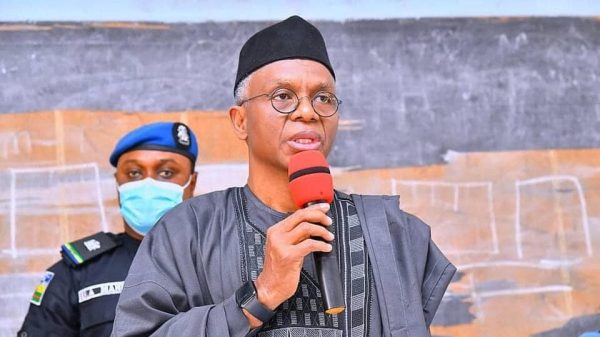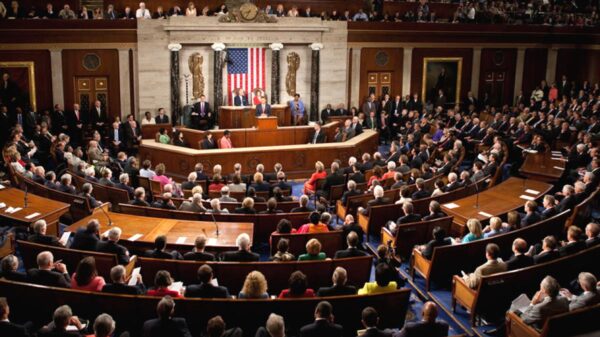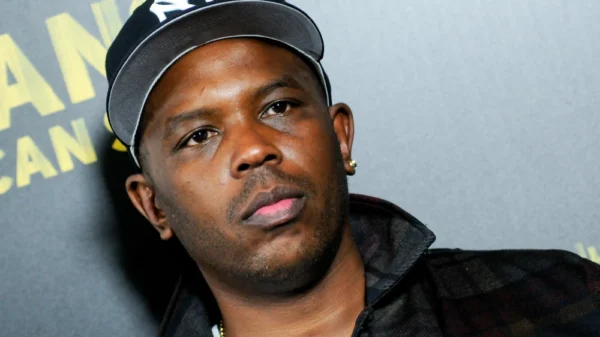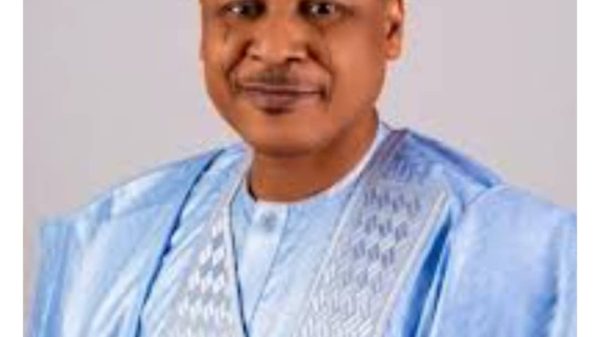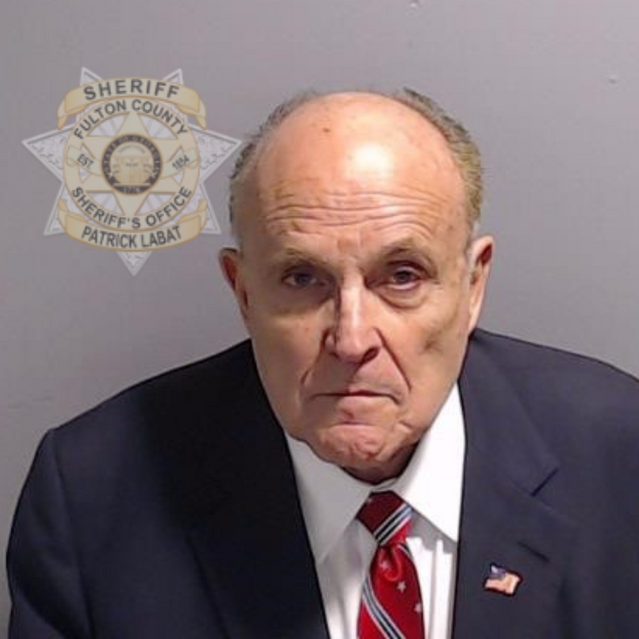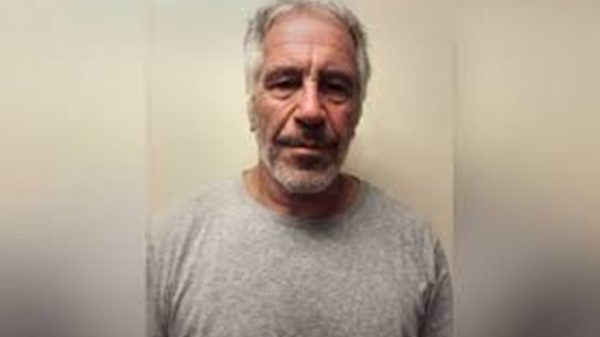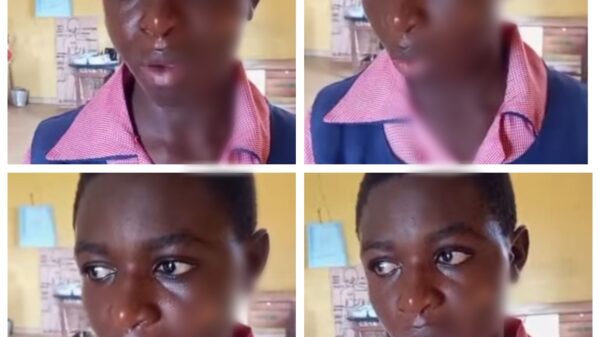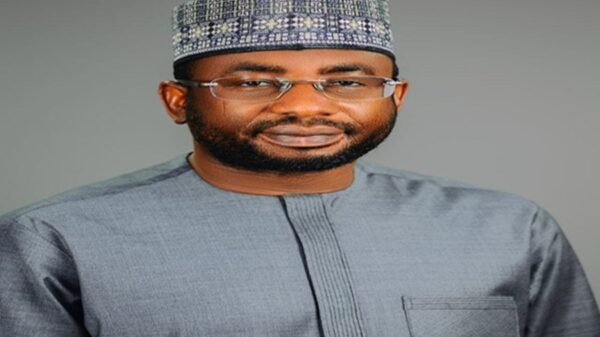Rudy Giuliani must immediately pay the $148 million in damages he owes for defaming two Georgia election workers, a federal judge ruled on Wednesday, December 20.
Giuliani, the disgraced former lawyer of Donald Trump, was ordered on Decerber 15 to pay Ruby Freeman and Wandrea’ ArShaye “Shaye” Moss $148 million in a civil defamation lawsuit after a jury found that he had wrongly accused them of committing voter fraud during the 2020 general election. Trump lost the election to President Joe Biden.
After being awarded the tens of millions in damages, Freeman and Moss applied to have the automatic 30-day stay of judgment enforcement dissolved and to be able to seek their award in any district over worries that Giuliani had no assets in the District of Columbia where the case was tried and that he may use the month to dissipate the assets he does have.
Judge Beryl Howell of the U.S. District Court in Washington, D.C, sided with the pair of former election workers on Wednesday, stating in her ruling their request “is both appropriate and warranted.”
Howell said that during the trial Giuliani did not comply with court rules to disclose his financial situation and continues to shrink from his responsibility to pay sanctions that were imposed on him for the failure.
Freeman and Moss had raised concerns that Giuliani has other debts and is facing other litigation and may claim he is unable to pay them and may hide the assets he does by dissipating them.
The former mayor countered that there is no evidence that he has tried to do this, but Howell stated that this argument “simply ignores the ample record in this case of Giuliani’s efforts to conceal or hide his assets.”
“Nowhere in opposition does Giuliani promise not to hide assets from plaintiffs. Nor does he contend, let alone demonstrate with documentary or other proof, that he would be unable to satisfy the judgment, in who or in part,” Howell wrote.
While Giuliani’s counsel has argued that the amount their client has been ordered to pay is “the civil equivalent of the death penalty,” his persistent refusal to respond to requests to disclose his financial situation prevents the court from verifying his claims.
“Such claims of Giuliani’s ‘financial difficulties’ — no matter how many times repeated, or public disseminated and duly reported in the media — are difficult to square with the fact that Giuliani affords a spokesperson, who accompanied him daily to trial,” Howell said.
Giuliani also argued that if the court allows for the immediate execution of the final judgment, then he will be barred that opportunity to reduce the amount owned. Again, Howell rebutted that the amount he has been ordered to pay is $10 million less than what the plaintiffs had requested.
He could still appeal the decision, but to do so Giuliani would have to post a bond for the amount he owes Freeman or Moss. And if he does not have the money to do so, he would have to demonstrate his inability to do so.
![]()


